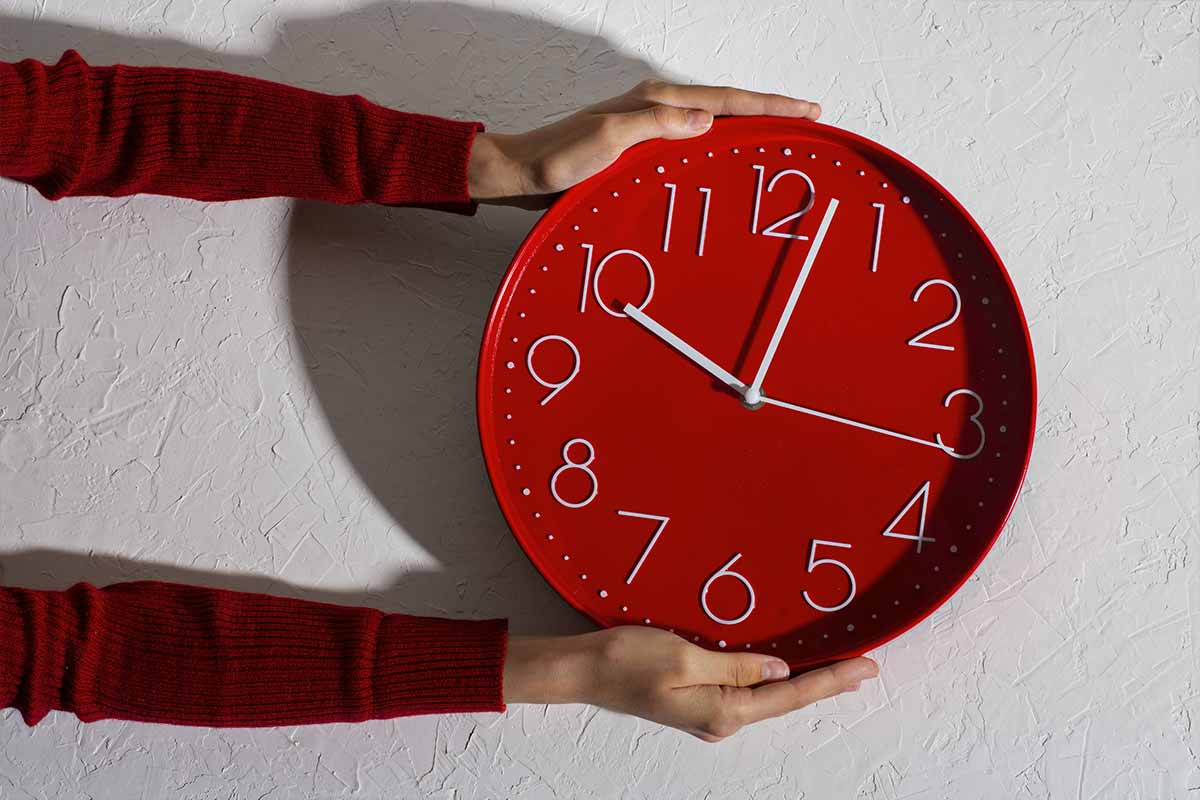The clocks are shifting again, and this small change can shake up mornings, nights, and routines. With the end of Daylight Saving Time, the goal is simple: reset gently, stay alert, and keep your home safe. It may seem like a minor adjustment, but the impact on sleep, mood, and schedules is real. A smooth transition starts with light, timing, and a few smart habits to ease the stress.
What’s Changing and Why It Happens
In the U.S., Daylight Saving Time follows a fixed pattern. It begins on the second Sunday in March and ends on the first Sunday in November. In spring, we lose an hour. In fall, we gain one. That extra hour brings brighter mornings, but earlier sunsets.
This year, the time change happens on Sunday, November 2, 2025, at 2:00 a.m.—one day earlier than last year and one of the earliest possible dates. Most people will switch their clocks back before bed on Saturday night, November 1. The result? An extra 60 minutes for sleep, rest, or late-night fun, along with a sudden shift in daily rhythm.
Manual clocks need to be set back by hand. Digital devices—phones, computers, TVs—usually reset automatically at 2 a.m. The shift can feel abrupt, but a little planning keeps alarms synced and appointments on track.
How the Time Change Affects Your Schedule
Turning the clocks back gives you brighter mornings, but darkness comes earlier in the evening. This affects commute safety, evening exercise, and family plans. It can also throw off mealtimes and screen habits. Because your internal clock resists sudden shifts, use the weekend as a reset window to ease into the new routine.
Studies show it’s easier to gain an hour than to lose one. In spring, heart attack and stroke rates tend to spike after the March change. Fall is gentler, but shorter days can still bring fatigue and seasonal dips in mood. Sticking to steady sleep and getting consistent morning light helps your body adjust faster.
For some, shorter days can trigger seasonal affective disorder (SAD). Combat this by seeking bright light in the morning, moving daily, and keeping bedtime consistent. These small anchors fight drowsiness, sharpen focus, and keep your mood steady.
Health, Risks, and Smart Sleep Strategies
Start preparing a few nights ahead. Shift bedtime by 15–20 minutes at a time. Keep your wake-up consistent—even on weekends—so your body locks into the new schedule. Adjust meal times and cut back on late caffeine to avoid tossing and turning.
Use light as your ally. Step outside into natural sunlight right after waking—it signals your brain that the day has begun. In the evening, dim indoor lights and reduce screen exposure two hours before bed. These signals boost melatonin production, improve reaction time, and give you easier mornings.
Safety matters too. Darker evenings reduce visibility on the roads and around neighborhoods. While the time shift was designed to save energy and reduce accidents, personal habits play a role. Run errands earlier, wear reflective gear on walks, and set evening reminders so you don’t drift too late.
The Rules, the Exceptions, and the Debate
Daylight Saving Time has a long history. It began in World War I to save fuel, returned in World War II, and became standardized in 1966 when President Lyndon B. Johnson signed the Uniform Time Act. Today, the Department of Transportation manages the schedule across time zones.
But not every state participates. Arizona (except the Navajo Nation) and Hawaii stay on standard time year-round. U.S. territories including Puerto Rico, Guam, American Samoa, the Northern Mariana Islands, and the U.S. Virgin Islands also skip the switch.
In 2022, the U.S. Senate passed the Sunshine Protection Act to make Daylight Saving Time permanent, but it stalled in the House. Similar efforts in New York also failed. Health experts warn that keeping one fixed time year-round could create “permanent jet lag” for millions of people.
Home Safety Checks and Practical Prep
The time change is the perfect reminder for a home safety check. The New York State Firefighters Association urges families to replace smoke detector batteries when clocks shift. Sixty percent of home fire deaths happen when alarms fail—this small habit saves lives.
Sort your clocks by type. Phones, laptops, and smart TVs reset automatically, but car dashboards, ovens, microwaves, and older thermostats usually don’t. Don’t forget wall clocks, watches, and bedside alarms. A full sweep prevents missed appointments and late arrivals.
Use the moment to improve sleep hygiene too. Lower the lights at night, cool down your bedroom slightly, and skip heavy meals before bed. Short naps (20 minutes or less) can refresh without disrupting deep sleep. With steady wake times, morning light, and clear alarms, your body will quickly settle into the new rhythm.
A Clear Plan for a Smooth Transition
The fall time change may be brief, but its effects ripple through sleep, safety, and daily planning. Take simple steps: mark your bedtime, get morning light, and check your alarms. On Sunday, November 2, clocks move back one hour, giving you bonus time. Use it wisely—with calm habits, safe routines, and a fresh reset for the season ahead.
